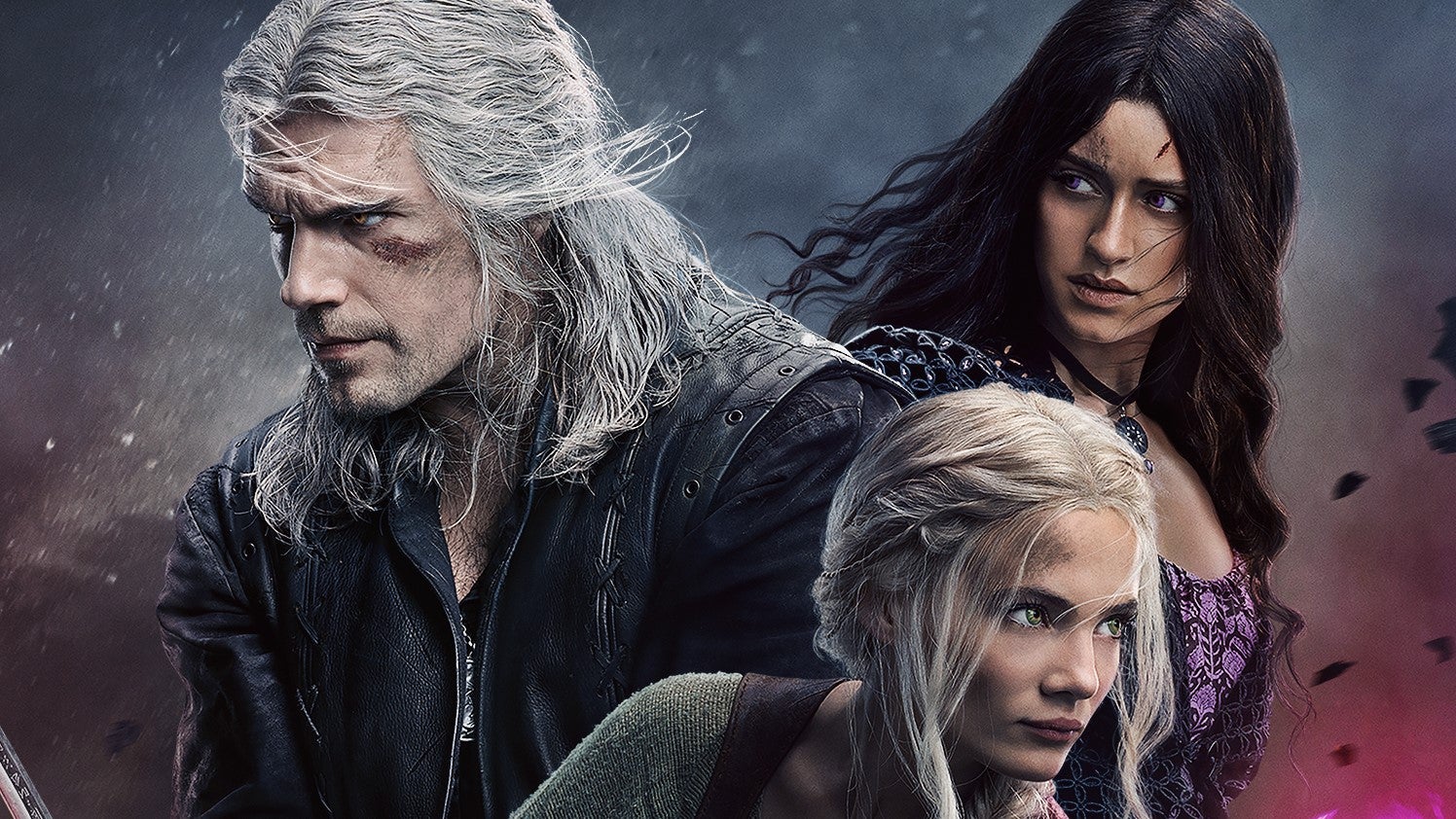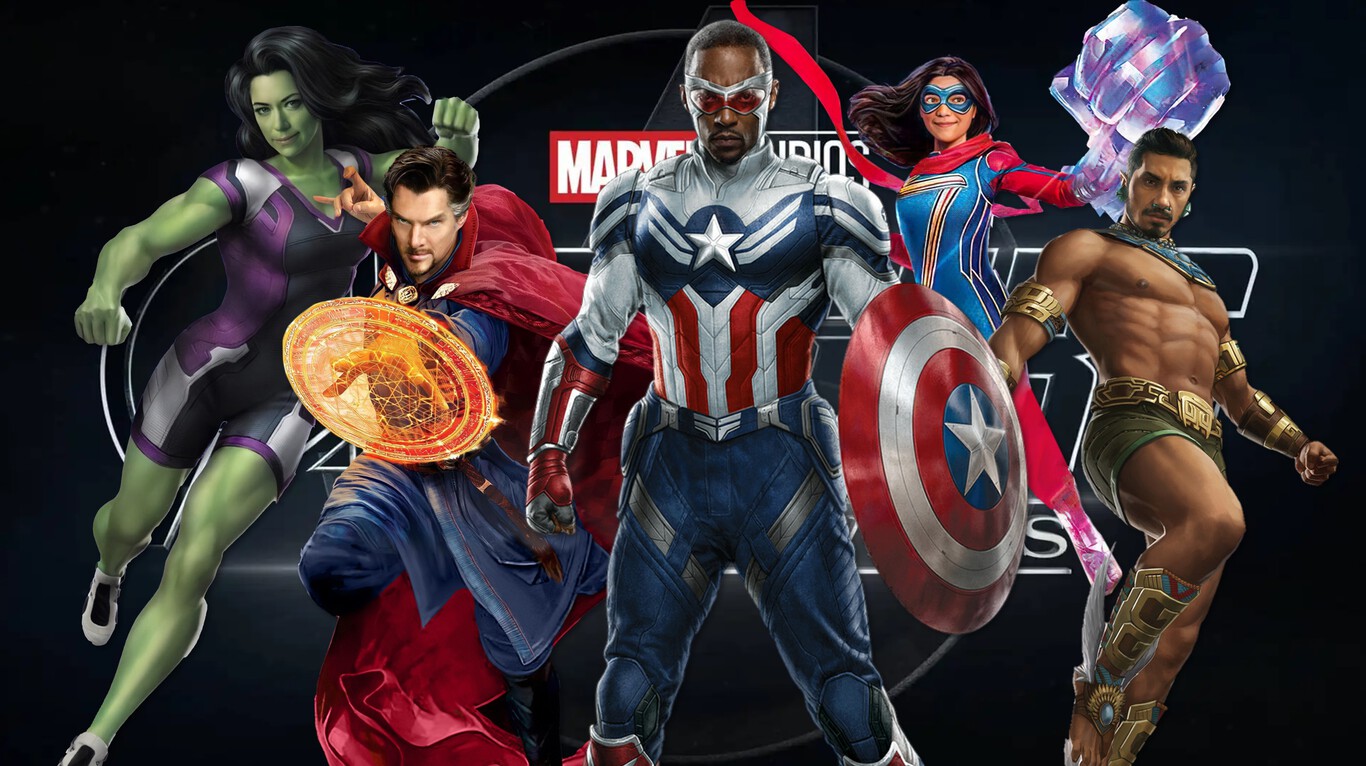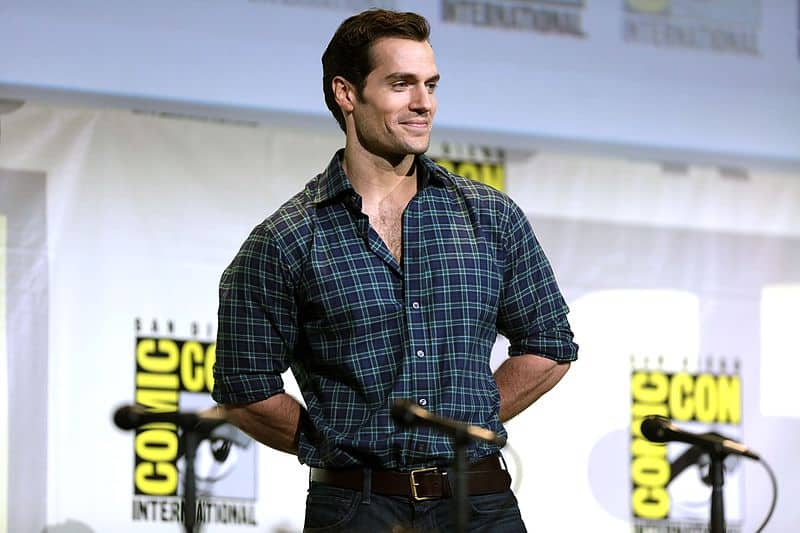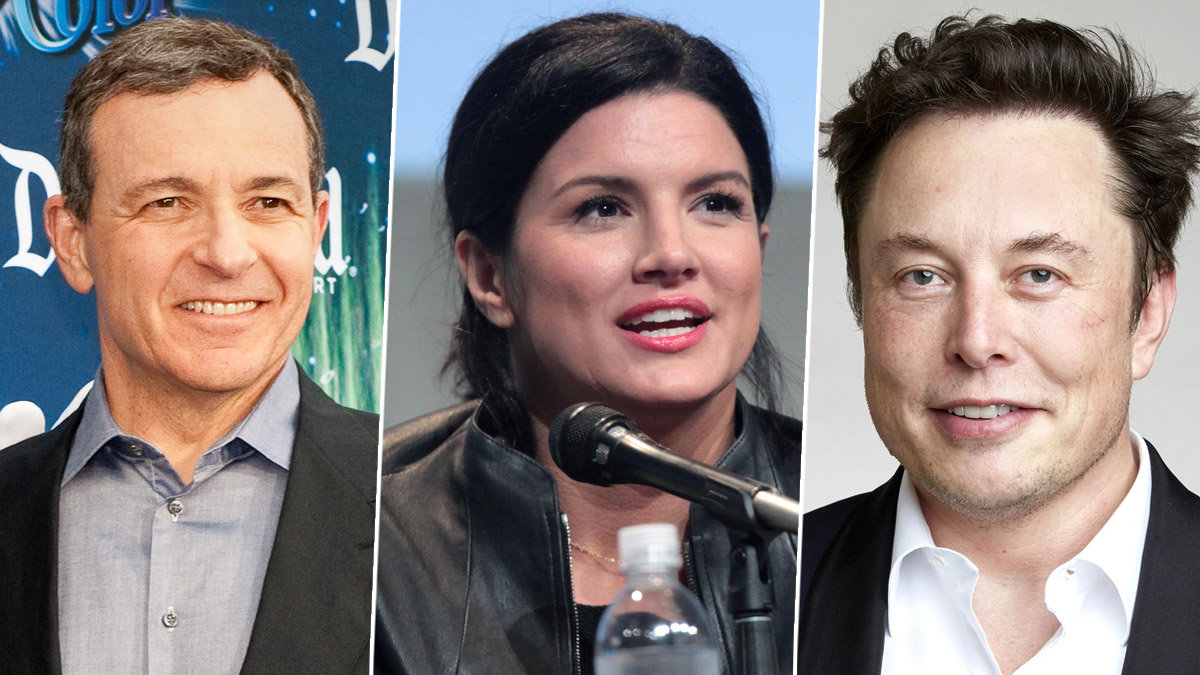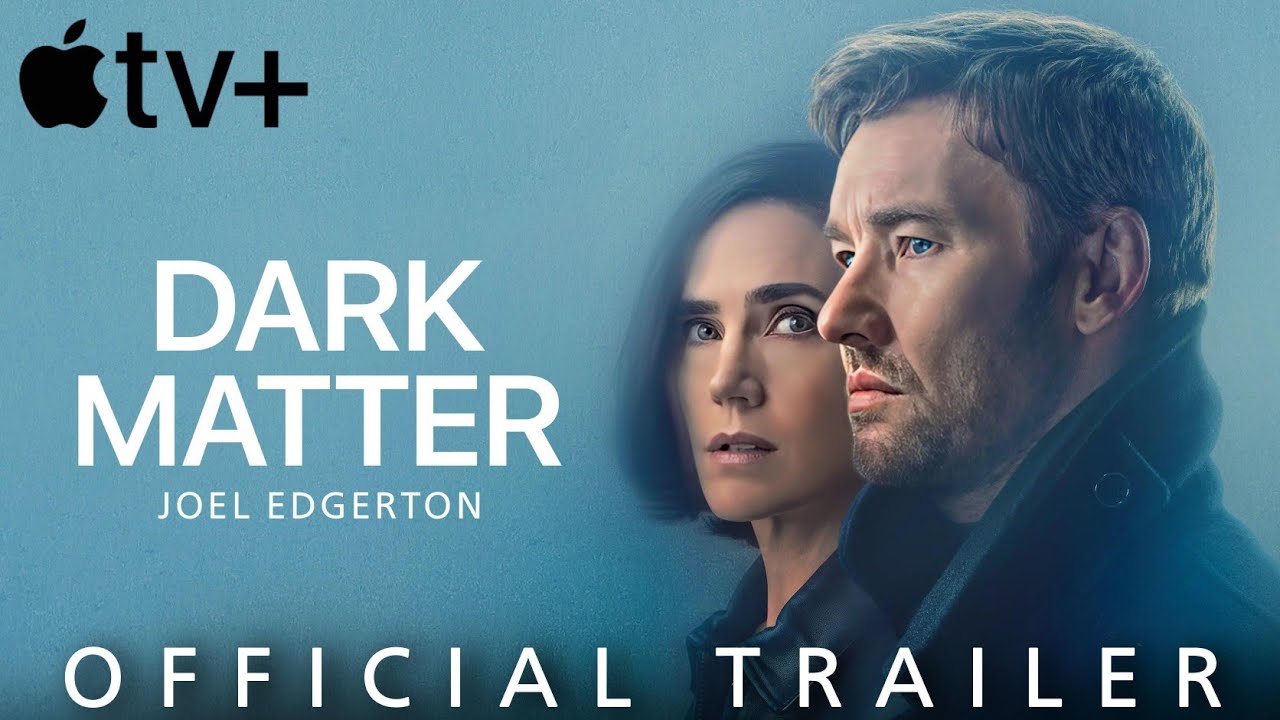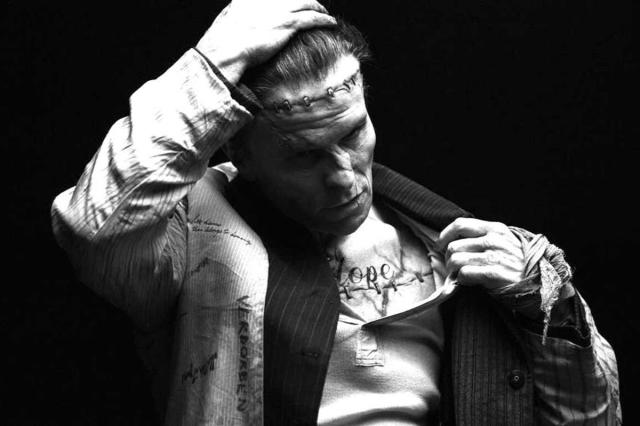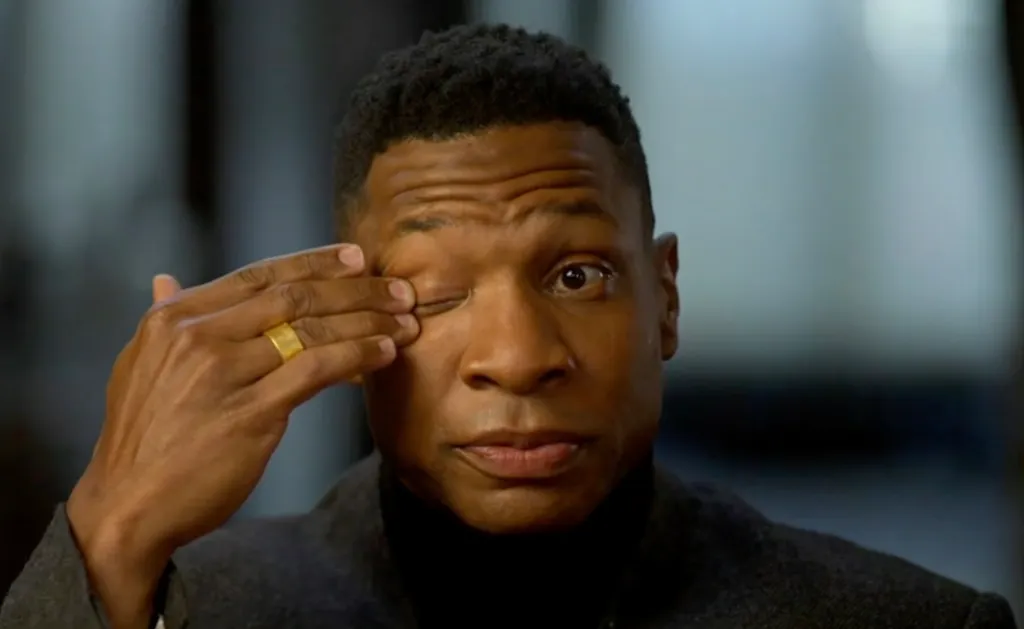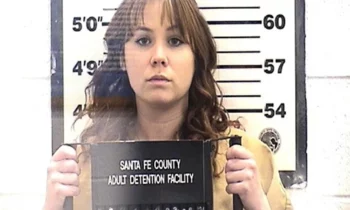Pop Culture
Culture is a reflection of your community, and popular culture tells the story of many communities in real time. We talk about the best (and sometimes the worst) it has to offer, while providing keen insight and analysis about the things that you care most about.
Netflix has recently revealed the renewal of the series for its fifth and final season. The Witcher season 4 is currently in active production and will be filmed consecutively with the announced concluding season of […]
James Gunn is the co-CEO of DC Studios and director of Superman. Now, to commemorate 86 years of Man of Steel, he is sharing additional behind-the-scenes content from the film with fans. On his personal […]
Joseph Quinn will make his debut in the Marvel Cinematic Universe as Johnny Storm/Human Torch. He will do so in the highly anticipated Fantastic Four movie. He will be alongside Pedro Pascal (Reed Richards/Mr. Fantastic), […]
Actor Henry Cavill, renowned for his roles in Superman and The Witcher, is on the verge of fatherhood. During the red carpet premiere of his forthcoming movie The Ministry of Ungentlemanly Warfare on Monday night, […]
Hannah Gutierrez-Reed, the Rust armorer responsible for managing weapons on the movie set, including loading a gun for actor Alec Baldwin prior to its discharge resulting in the death of a cinematographer, has been given […]
Disney is responding strongly to Gina Carano lawsuit alleging wrongful termination from The Mandalorian. The company claims that Carano’s dismissal was fully justified. This is due to her social media posts, which Disney describes as […]
Apple TV+ has dropped a trailer for its upcoming sci-fi series Dark Matter, showcasing Joel Edgerton’s portrayal of a character ensnared in an alternate reality. Adapted from Blake Crouch’s 2016 sci-fi novel of the same […]
The actor, known for his diverse roles in cinema, has taken on yet another challenging character. This time, Christian Bale is set to portray one of the most iconic villains in cinematic history: Frankenstein monster. […]
Actor Jonathan Majors was seen arriving at a New York court on Monday morning for his sentencing following his conviction for assaulting his former girlfriend. This legal outcome has significantly impacted Majors’ once-promising career. Dressed […]

